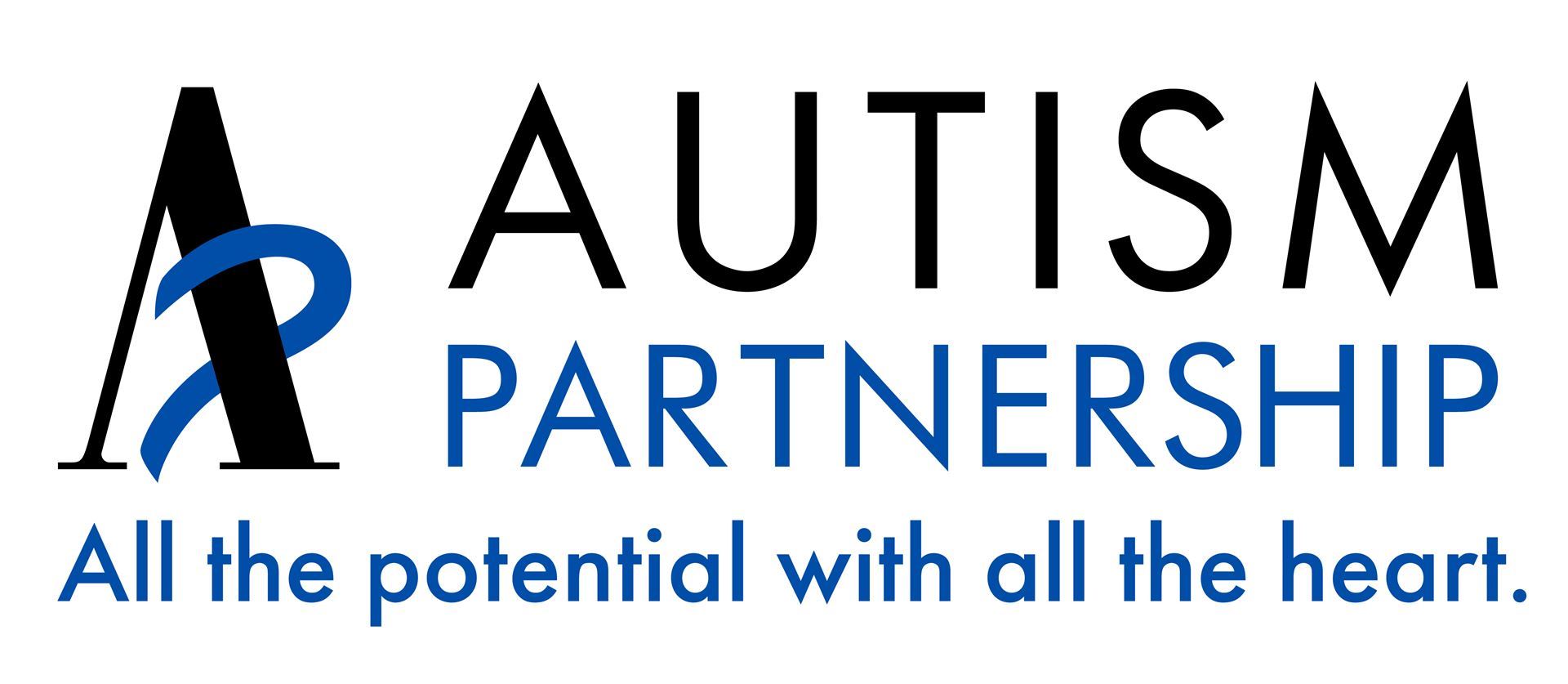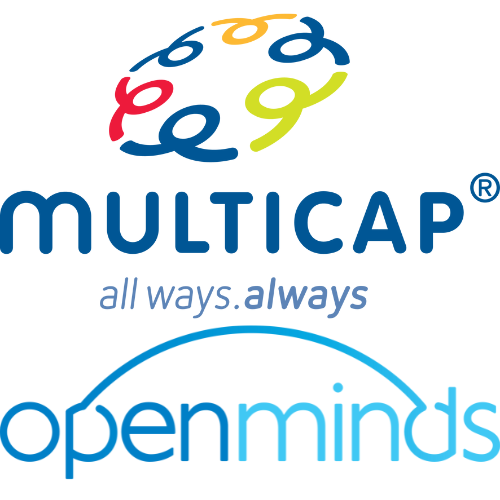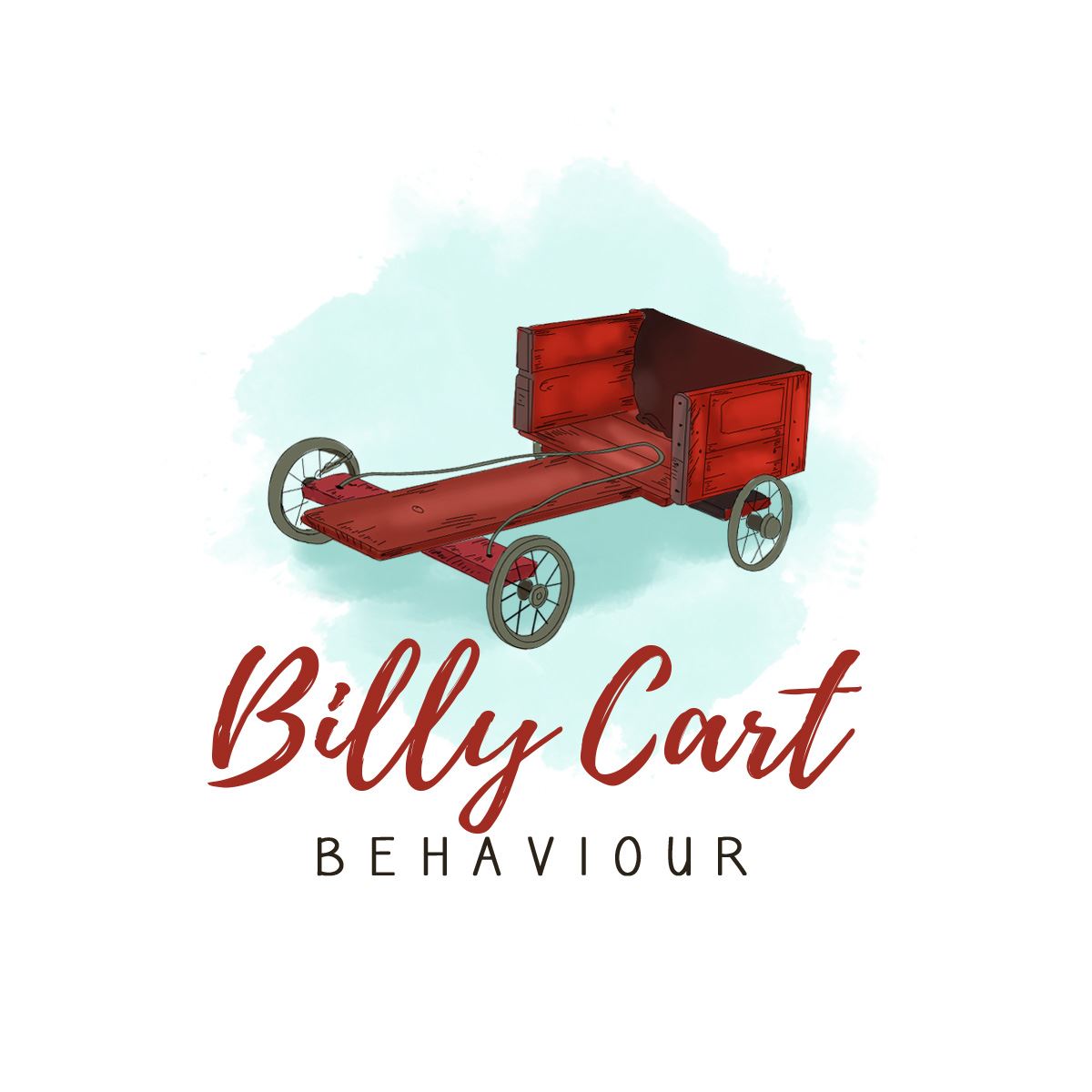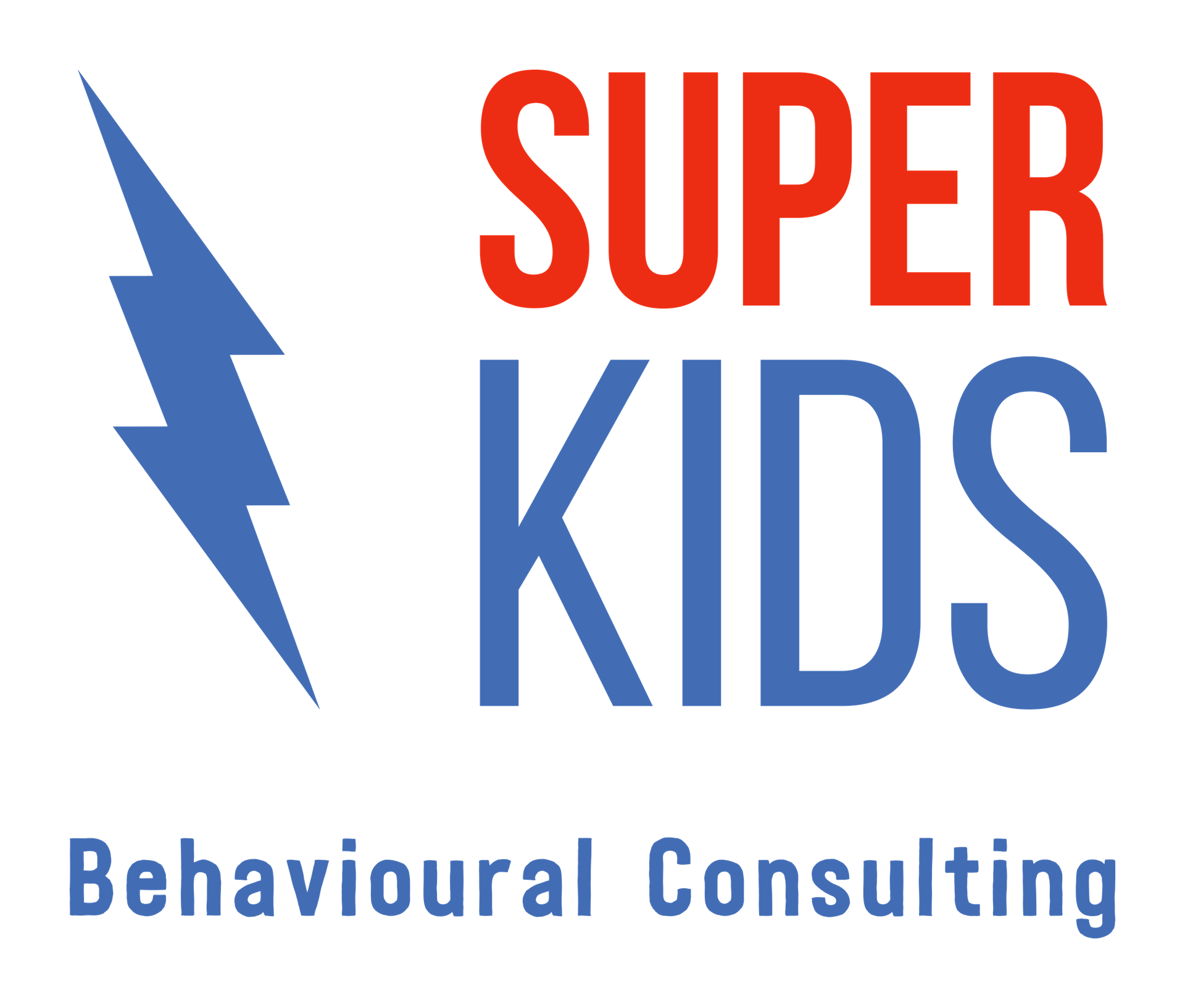.png)
Sunday, 28 July 20249:00 - 10:15 aMMULTICAP/OPEN MINDS (ROOM SPONSOR) |
Impressions of Applied Behaviour Analysis: Australian General Practitioners’ and their referral practices for developmental delay
Sophie Carrington & Renee Colllins
Super Kids Behaviour Consulting Abstract: This research project aims to investigate what Australian general practitioners know about Applied Behavior Analysis (ABA) as an early intervention for children with intellectual and developmental disabilities (IDD), or those at risk of being diagnosed. It seeks to determine their level of knowledge regarding the role of ABA in early intervention, and to ascertain typical referral practices when a patient presents with diagnosed or suspected IDD. The significance lies in uncovering any gaps in awareness or potential biases among healthcare professionals regarding ABA as an intervention for developmental delay, which could impact the receipt of timely and effective support for children with IDD. The results of the survey indicated that most Australian GP practitioners have a low level of knowledge or understanding about the role of ABA in early intervention. 25% have referred to ABA in the past and were most likely to refer for dangerous or disruptive behaviors (such as aggression, self-injury, tantrums), self-stimulatory/stereotypic behaviour (such as rocking, hand flapping, repetitive vocalisations) or delayed social or play skills. The implications of these findings will inform future education and collaboration with Australian GPs to help them understand the role and benefits of early referral to ABA therapy for children with intellectual and developmental disabilities (IDD), or those at risk of being diagnosed. Target Audience: Behaviour analysts interested in the dissemination of ABA, and how we can expand our reach through education and collaboration with other disciplines. Learning Objectives: At the conclusion of this presentation, participants will be able to:
|
Evaluating Implementation and Impact of School-wide Social, Emotional, and Behaviour Support Practices in Schools
Adam Feinberg
Independent Educational Consultant Abstract: This practice presentation will discuss how educators can evaluate the implementation and impact of schoolwide practices addressing social, emotional, and behaviour needs. Schools frequently provide specific supports for all students and staff with the intent of addressing common areas of needs (Bradshaw et al., 2008; McIntosh & Goodman, 2016). Accordingly, it is important that schools evaluate the effectiveness of these school-wide supports to understand the impact of supports on students and staff and determine whether these supports are worth needed time and effort (Center on PBIS, 2020). Behaviour support practitioners have specialized training in evaluating social emotional practices, and therefore should be critical members of school teams evaluating school wide practices. As schools are challenged with implementing and reviewing multiple data systems, it is important that they plan ahead and organize multiple data systems for effective and efficient decision-making (Eklund et al., 2017). This presentation will review this information targeting behaviour support practitioners and educators who work in school settings. Reviewing this information with participants will hopefully lead to greater understanding of potential and available data sources, as well as methods for organizing data decision rules for effective and efficient student support. Target Audience: The target audience for this presentation are behaviour support practitioners and educators who work in school settings. Learning Objective: At the conclusion of this presentation, participants will have a greater understanding of:
|
A Clean Conscience and Dry Pants: Navigating Ethical Waters in Toilet TrainingRenee Collins Super Kids Behaviour Consulting
Abstract: The process of toilet training children has received surprisingly little attention in the behaviour analytic literature, and therefore many behaviour analysts continue to used outdated toilet training strategies and procedures that are passed on in the field that could benefit from engaging in a higher level of philosophical doubt. There are ethical considerations unique to toilet training that must be considered to ensure that treatment is effective, dignified and successful for all stakeholders. Evidence-based practice (EBP) of Applied Behaviour Analysis (ABA; Slocum et al., 2014) can be used a framework to support ethical decision making for toilet training interventions. It is a powerful process that guides decision making in alignment with the dimensions of ABA, core ethical principles, the Ethics Code (BACB, 2020) and Code of Ethical Practice (ABA Australia, 2022). This presentation will systematically address best practice in toilet training consultation with families and clinical teams. It will discuss common ethical challenges to intervention success, including considering medical needs, addressing conditions interfering with service delivery, providing effective treatment and minimising risk of behaviour change interventions, particularly the use of the use of overcorrection and punishment-based treatment packages. Target Audience: Behaviour Analysts who may be supervising toilet training intervention plans. Learning Objectives:
BACB CE Instructor: Renee Collins |







.png)





